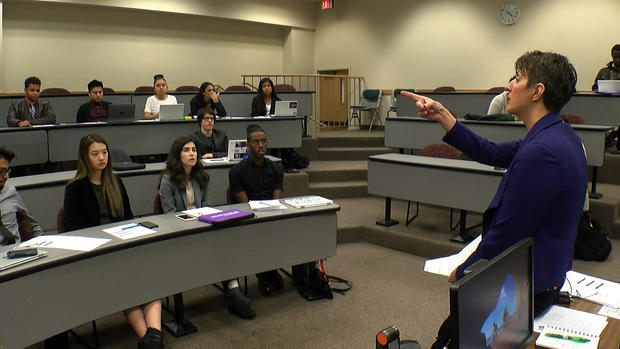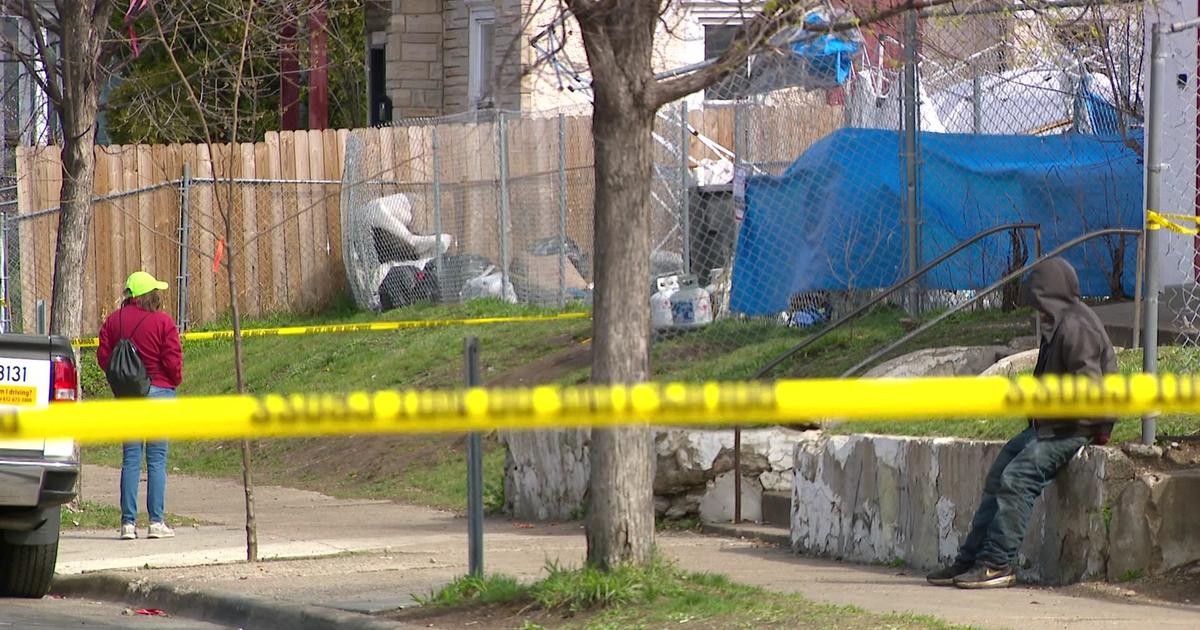Why Has College Become So Expensive?
MINNEAPOLIS (WCCO) -- The cost of a college education is skyrocketing. New figures show outside of a mortgage, college tuition debt is the biggest chunk of debt.
Students owe more than $1.4 trillion.
That's more than debt from both credit cards and auto loans.
An article in Forbes magazine this week compares the average cost of attending a four-year institution 20 years ago to current times.
Back in 1989, a four-year degree cost about $27,000.
If you adjust that number for inflation today, it would be about $53,000.
A recent report shows in 2016, students paid twice that -- an average of $104,000 for their four-year degree.
So why has college become so expensive?
"It is a different experience than it was 20 years ago," said Dr. Jeanne Boeh, an economics professor at Augsburg University. "All the amenities have improved. There is more support for students. The dorms are better. The food is better. The kind of help students need is more available. All of that costs money."
Despite the expense, she says a college degree is still worth it.
"Really, what you need to look at is going to college is still a good idea," she said. "Students who go to college earn about a million dollars more over a lifetime than people who don't go to college."
Studies show the price of college is increasing almost eight times faster than wages.
"The cost of education has is growing dramatically and wages just aren't keeping up with it, causing a real challenge when it comes to paying off those loans," said Justin Halverson, a financial adviser at Great Waters Financial in Minnetonka.
He's a father with six young children.
"What it takes to run a family, and then looking forward to plan of a college education, it is overwhelming," he said.
Halverson says the families he meets with are stressed.
His advice: "Think of state schools first, if possible, because they are going to be a little less expensive. Add community colleges to the list of places to consider, at least for the first couple of years."
Halverson has lots of advice for tackling college loan debt.
"Budget, confront your debt and create a plan to pay it off, not ignore it, high debt lowers your credit score, making it harder to get a loan and forcing you to pay a higher interest rate," he said. "Don't pay minimum payment, chart the timeline for paying off, get calculations, don't feel guilty about it, face reality, consolidate the date and try to get a lower interest rate."
Boeh says that on average Minnesota college students graduate with an average of $30,000 in debt.
She believes wages are going up and will continue to increase.




